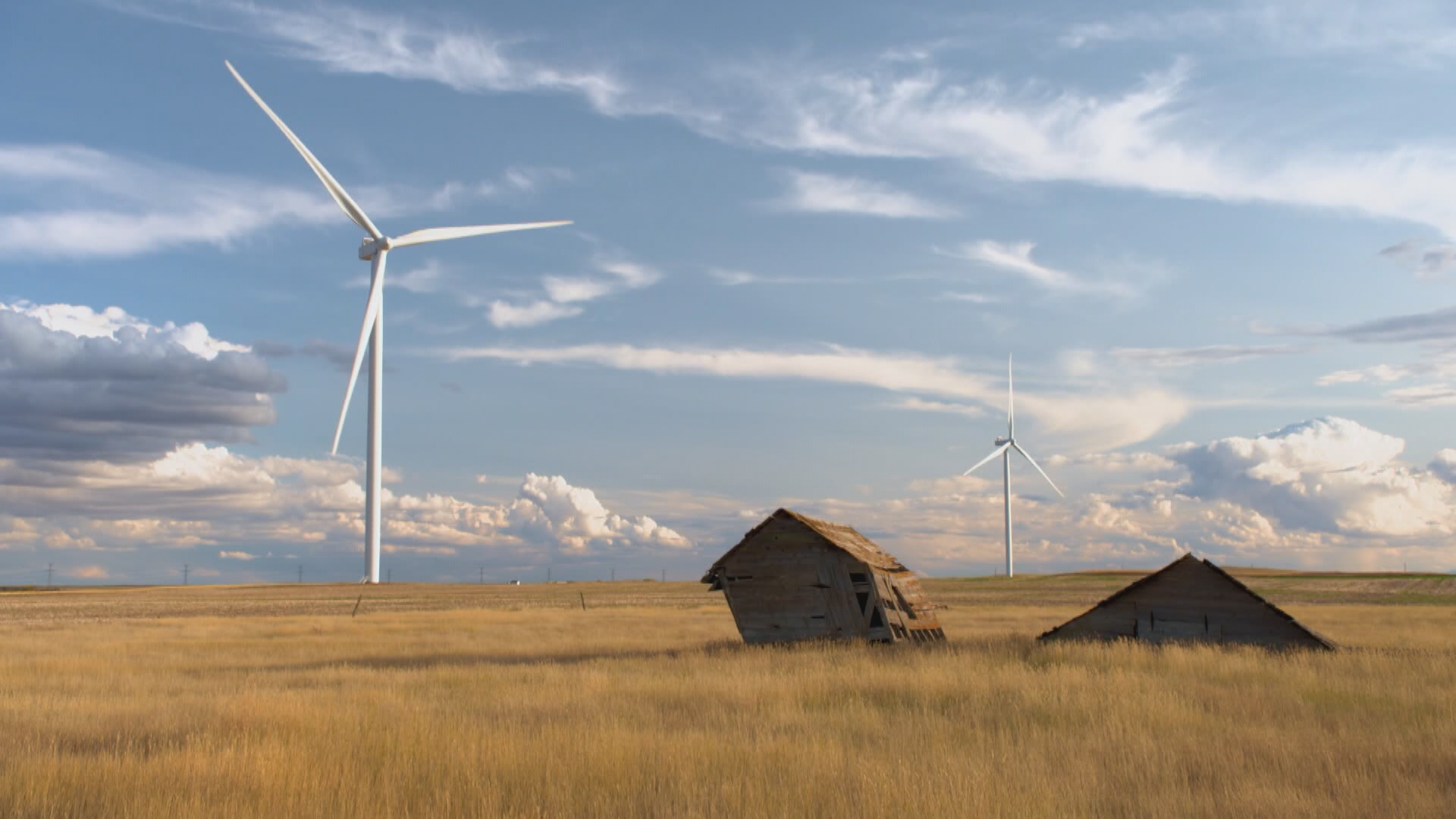Cardston County in southern Alberta has traditionally relied on agriculture and tourism for revenue, but wind energy is emerging as an economic factor in the region. The cancellation of a large wind power project by TransAlta has come as a financial setback to the county, as it was expected to bring in significant revenue. Cardston County Reeve Randy Bullock expressed disappointment at the news, stating that the project would have contributed millions of dollars to the county’s coffers for various purposes. The county council was anticipating this investment, and the loss of this revenue stream makes it challenging to fund infrastructure improvements without burdening residents with major tax increases.
TransAlta’s CEO cited new restrictions on development near protected areas and pristine views as reasons for canceling the Riplinger project near Cardston. Bullock expressed concerns about the province’s role in taking away the ability for municipalities to attract and tax renewable energy projects, making it difficult for them to be self-reliant. He emphasized the importance of being able to fund projects independently without constantly relying on grant funding from the government. Economic experts also weighed in on the issue, highlighting the need for the Alberta government to support and encourage the growth of renewable energy sources, rather than discouraging investment in the sector.
Bullock expressed frustration with the uncertainty in the Alberta electricity sector, as the government is in the process of restructuring the energy markets. TransAlta has put three other developments on hold, including a battery project, a gas project, and another wind project, until they receive clarity on the new rules and regulations. The potential investment date for these projects has been pushed out until at least 2026, creating further uncertainty for the renewable energy sector in Alberta. The government, however, maintains that Alberta continues to attract investment and new projects, with over 3,000 MW of wind projects currently under construction.
The Ministry of Affordability and Utilities stated that renewables projects and other developments are changing the competitive landscape in Alberta, and investors will make decisions based on market needs and project viability. Minister Nathan Neudorf emphasized the need for long-term solutions to provide stability, reliability, and affordability for the province’s electrical needs. Bullock indicated that Cardston County is hopeful to receive more funding from the government to support projects within the municipality. While there were concerns from some residents about the visual impact of windmills, the county had previously adopted a renewable tax incentive bylaw to attract investment, which may now be reviewed for potential adjustments.
Overall, the cancellation of the wind power project by TransAlta has highlighted the challenges faced by municipalities in Alberta in attracting and sustaining renewable energy projects. The uncertainty and changes in the energy markets have created setbacks for both investors and local governments, impacting their ability to fund infrastructure projects and generate revenue. The government’s role in implementing new regulations and restrictions has also contributed to the current situation, raising concerns about the future of the renewable energy sector in Alberta. Moving forward, stakeholders are calling for clearer guidelines, support from the government, and long-term solutions to ensure the stability and growth of renewable energy projects in the province.


